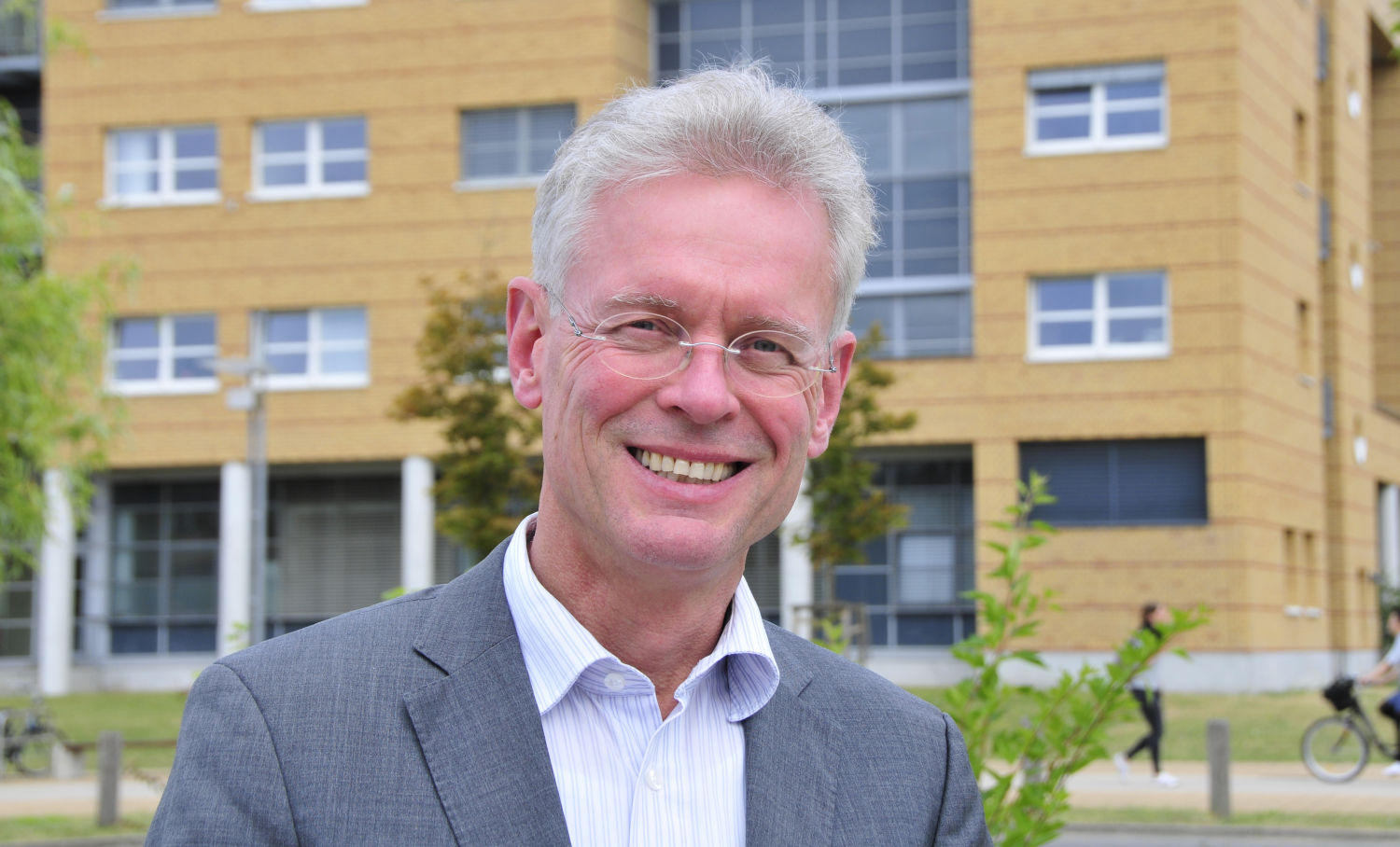The VITT syndrome – Vaccine-Induced Thrombotic Thrombocytopenia (VITT) – describes a mechanism that is similar to a Heparin-Induced Thrombocytopenia (HIT) with antibody response to platelet factor 4 (PF4), but not identical. The investigations held in Greifswald show that a blood platelet protein, platelet factor 4 (PF4), interacts with components of the vaccine. The resulting change to PF4 is recognised by the cells responsible for creating antibodies in the immune system and they begin to create antibodies against the endogenous protein. The result: In some rare cases, clotting occurred in the blood of the vaccinated, leading to a cerebral venous sinus thrombosis.
Parallel to their research findings, the researchers were able to announce the positive news from a medical point of view: the antibodies disappear within three months. It is therefore not dangerous for those affected to receive a second vaccination as the antibodies will not be reproduced and it will not cause a dangerous cerebral venous sinus thrombosis.
The award-winning article was published at the beginning of April 2021 in the New England Journal of Medicine, just two weeks after the first observation of patients with VITT. This shows how fast the group of researchers from Greifswald were able to solve the problem. Follow-up results from Andreas Greinacher’s research group have now been published in two further articles in the New England Journal of Medicine and recently a summary of the results including a description of the pathomechanisms was published in the journal Blood.
The discovery of the ‘VITT syndrome’ and the follow-up results have made it possible to cut the rate of severe complications by more than 90 percent. The research findings are particularly relevant to countries that only have access to the AstraZeneca vaccine.
Professor Rupert Bauersachs, Scientific Coordinator at the Aktionsbündnis Thrombose: ‘The achievements of Prof. Greinacher and his team are extremely important in the midst of the ongoing pandemic. They help to improve the medical understanding of thrombotic events following the administering of a vector vaccine and have made a ground-breaking contribution to the clarification of vaccination risks.’
The Virchow Prize
The Virchow Prize [de] has been awarded since 2015. The prize aims to attain greater awareness for thrombosis and pulmonary embolisms, their complications and implications, as well as the possibilities for diagnosing them faster. The goal is to raise awareness in the general public, as well as among medical audiences.
The prize is awarded for publications, treatment studies, supplementary application advice, applications and measures that support the implementation of guidelines, as well as the collection of epidemiological data on the illnesses or the healthcare situation.
The prize is not open for nominations. The prize is awarded once a year on World Thrombosis Day (13 October).
Aktionsbündnis Thrombose
The Aktionsbündnis Thrombose [de] was founded in 2014 by the German Society of Angiology (DGA). Today, the action group comprises leading learned societies such as the German Society of Phlebology, the Society of Thrombosis and Haemostasis Research, the German Society for Vascular Surgery and Vascular Medicine and the German Vascular League. They are all committed, together with partners from industry, to raising awareness for thrombosis and pulmonary embolisms.
Source of this Media Release
Aktionsbündnis Thrombose (13/10/2021)
Further Information
Information Office Aktionsbündnis Thrombose [de]
c/o Deutsche Gesellschaft für Angiologie – Gesellschaft für Gefäßmedizin e. V.
Haus der Bundespressekonferenz
Schiffbauerdamm 40, 10117 Berlin
Contact [de]

